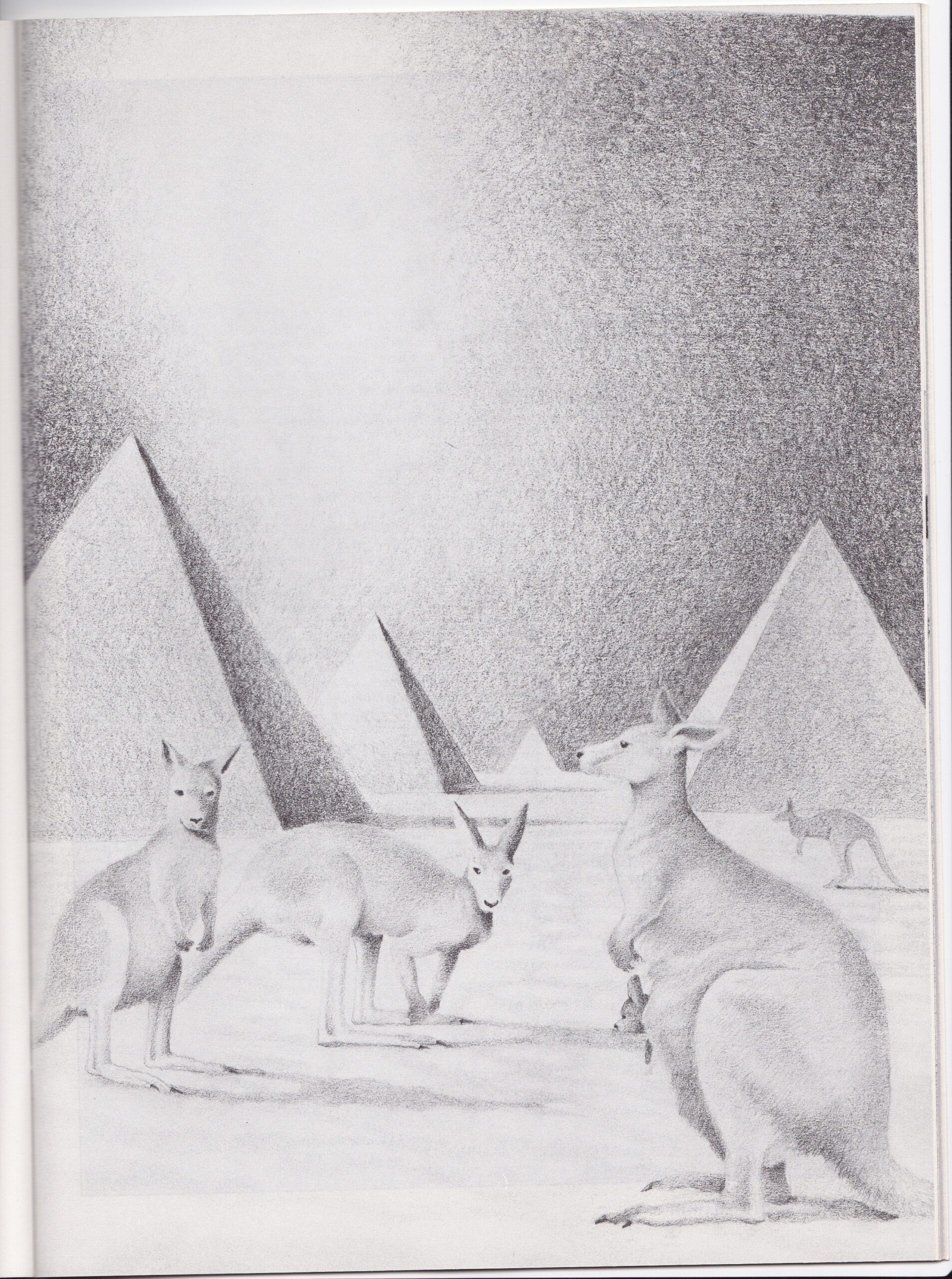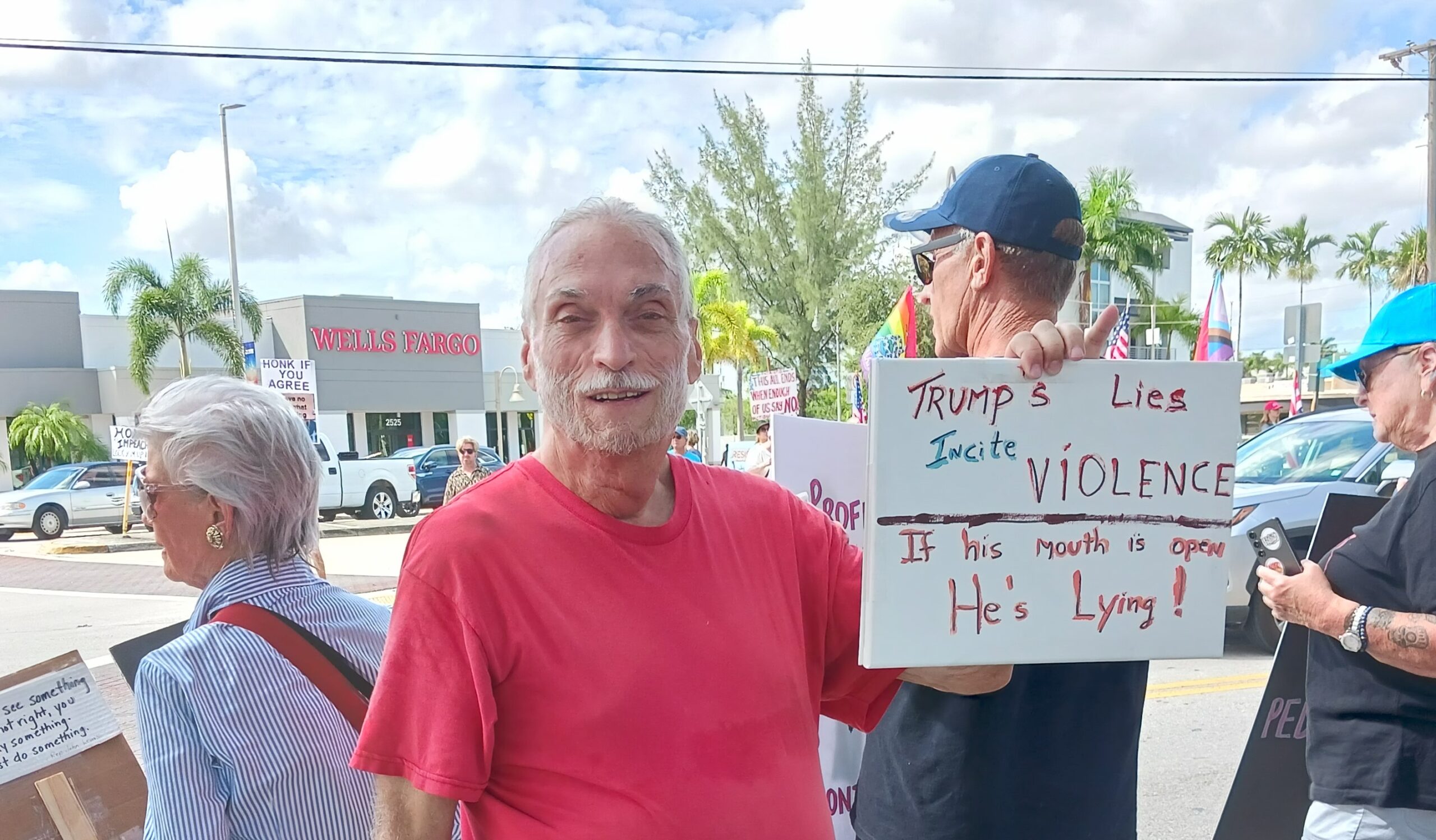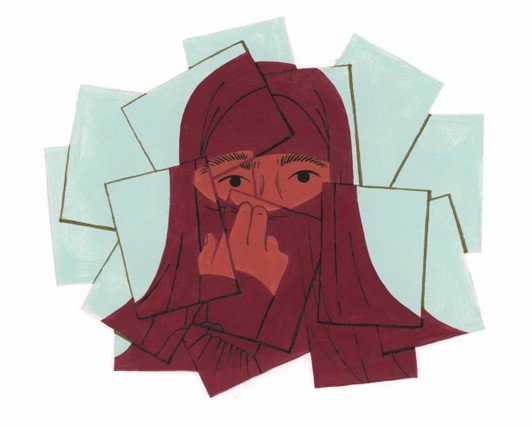Am I a fool?
I can’t get this question out of my head. I thought I was doing the right thing but now that I’m so alone, left to be pounded by my own self-doubt, I can’t help but hug this question, lie down with it tonight, stare at it in the darkness. Am I a fool?
We had come to Egypt on a lark. Mitch’s Dad is a travel agent and so Mitch can always get the best air fares. To anywhere. We’d already been to Australia together—where the worst thing that happened was one night outside of Perth when we collided with a kangaroo. We didn’t try to hit it, of course, but it hopped right in front of the headlights of the 404 we’d rented. It had no chance and neither did we. In the darkness it had seemed to jump up from somewhere within the road itself. We decided to carry the mangled body into the brush.
It seems strange to me now. I had completely repressed that incident—obliterated it from my memory—yet now, after all that’s happened here in Egypt, it all comes back to me so clearly. I remember how shocked we were at how heavy the kangaroo’s body seemed. Mitch used to play football in high school; he still sports all the muscles from those days. I’m not very big physically, but I can benchpress 160. And so we thought we’d be able to carry the dead animal into the bush quickly and easily and get out of there. But each time we tried to raise up the body one of us wouldn’t be able to hold on, the blood oozing from the flesh making our grasps always tentative.
Mitch suggested that we drag it and started tugging it to the side. We both pulled at its warm feet, but as we did so its entrails spilled into the road—leaving a track of organs shining in the headlight beams. We managed to pull the body into the tall grass and then gathered up the loose, scattered parts.
It was a messy scene. We drove off as fast as we could although the blood we’d wiped on our clothes remained a constant reminder of the death we’d witnessed, the death we’d caused. And the animal’s smell inside the 404 made us want to return the truck to the rental agent as quickly as we could. We knew the smell was on us but we both attributed it to the 404.
Up to then we hadn’t used the VISA card Mitch’s Dad had given us “for an emergency.” But after we unloaded the truck we went into a department store and bought whole new sets of clothes (even new white underwear) with the credit card. When we handed our stinking, sticky jeans and shorts to the clerk, he said sarcastically: “Are you sure you boys don’t want to take these with you?”
As I said, that’s the only bad thing that’s happened to us abroad. Until now. This trip to Egypt wasn’t even planned. Makes me recall what John Lennon is supposed to have said: “Life is what happens to you while you’re planning to do something else.” Egypt is happening to me now and God knows I never planned for it. Twenty-one years old. Sitting alone in a prison in Cairo, waiting for the American consul to show. God, am I a fool?
Mitch’s Dad had two last-minute cancellations on this chartered tour to Cairo and the Valley of the Kings. When he offered us the spots for free we couldn’t refuse them, although we set it up so we didn’t have to follow the tour. Once we got to Cairo we left that troop of stereotypical American tourists with their Polaroids and their pantsuits. We hopped the train to Alexandria and spent some great days on the beaches there—promenading the evenings away on the wind-swept corniche. We pretended to be characters in the latest novel of Lawrence Durrell. It was the best of times. Who would believe that our fates could shift so quickly, so unpredictably?
Hard as it was to leave Alexandria, in the morning we left in a rented Peugeot, windows air-tight to keep the cabin its air-conditioned coolest for the long drive. The plan was to return to Cairo, visit the pyramids, and then go south by train to see the tomb of King Tut and the whole cohort of mummy kings near Luxor. We both were fascinated with the Egyptian attempts at meticulous preservation of their royal dead.
The highway between Alexandria and Cairo is fairly modern and it’s easy to forget that’ you’re in the Third World. Except for the mud shacks that dot the sides of the road all seems up-to-date.
As I drove, Mitch complained about the ease of it all, how we could conceivably be on Interstate 95 in the U.S. We weren’t seeing the real Egypt, he said. The real Egypt was just off the road, in the lives led by those in the villages we were passing all too quickly.
We needed to meet up with some “real Egyptians”—farmers and poor women and struggling students. He said those we’d met in Alexandria were just too western, aping the European style of life, offering to buy the t-shirts off our backs. He wanted to shake an Egyptian farmer’s hand and feel the calluses he earned in his fields. That’s what Mitch said. And the more I listened to him the more convinced I was that we were passing life by: we were gliding through Egypt the same way we slid through our lives in the United States.
I could see a sandy exit up on the right that appeared to be a stopping-off point for the crowded buses that traveled the route. There were a number of Egyptian women standing there—some with valises, others with bundles beside them, all of them holding umbrellas to keep the hot sun off of their faces. I told Mitch we were going to take a detour for a bit and he shouted: “All right! That’s the spirit!”
At first, there were a few huts along the sandy route but after less than a mile we saw nothing but tall reeds on either side of us. It was early afternoon and the temperature was certainly more than a hundred degrees (although we were cool as could be inside the Peugeot) so we surmised that most of the natives were probably taking siestas or at least hiding away from the sun. There was absolutely no one to be seen along the route. I wanted to suggest that we turn back but there really wasn’t enough room in the narrow roadway to maneuver. The glinting reeds—more than eight feet high, in mixed shades of a pale green and a baked brown—lined the very border of the road. The traction of our tires in the spreading sand led me to think that if we stopped, we might have to dig the tires out of the sand to get going again. Not a pleasant thought in such desolate heat.
The road twisted in some bizarre curves and with the reeds so high, so ubiquitous, so reflective of that burning light, I was for moments at a time blinded. My instincts led me to twist the steering wheel to the right and to the left; my eyesight was a poor tool here where I could see but twenty feet ahead at each point—and sometimes not even that distance when the road arced more sharply. I saw nothing but reeds, angling over the dusty roadway, waves of them bending to the slightest breeze, bobbing upwards as we passed.
We couldn’t go on like this. At some point we would have to stop, but when might we have the opportunity? The sand was too deep to risk stopping. There was no alternative but to continue driving until we might find a break in the walls of reeds, a place wide enough where we might manage a U-turn. Mitch was silent now. He knew too that we were caught. There was no point in verbalizing our shared fear. To talk about it would only make us both more anxious.
And then it happened. As we came around a particularly severe curve, the Peugeot banged against something and halted. We had no idea what we might have hit, but in a way it didn’t matter to us. From Mitch’s expression I could tell that he too was simply relieved that we had finally stopped. It seemed like we had been driving for days. Whatever goal we might have had in this detour had rapidly disappeared with each passing reed.
I want to say that we hit another kangaroo but everybody knows there are no kangaroos in Egypt. I want to say that we hit a pile of wheat stalks, or a bale of hay, or a….I want to say anything but that we hit an old man sitting in the road. We killed an old Egyptian sitting in the road.
We did not know it then but the policeman who brought me here told me that it’s a rural custom among the Egyptian elderly—when they feel they can no longer contribute to the family, when they are feeling tired and longing for that long sleep—that, if they hear the sound of an approaching motor they often go and sit and wait in the middle of just such an obscured road and hope to be struck dead. You see, it has two functions: it relieves them of their own misery, and the judicial rule is that the driver must pay for the upkeep of the deceased’s dependents for the rest of their lives.
Am I a fool? I now have the care of fourteen Egyptians to worry about. I killed a man and I’m sitting alone in a Cairo prison waiting for the American consul.
Mitch freaked out when he saw the man’s oozing body. He rushed back to the driver’s seat to turn off the engine. It was only then that we could hear the repetitive chant coming from the body, a sort of gurgling mantra, a prayer perhaps that slowly faded to silence. Mitch said we had to carry it off into the reeds; we had to get away before somebody found us. The old man’s body was small and light and Mitch lifted it, the blood oozing out, dripping into the sand. He carried it a dozen yards into the reeds and instinctively I covered the blood stains in the road, using my feet to shift the “clean” sand over the red. Mitch came out of the reeds saying we had to abandon the Peugeot; we would just walk back to the highway and forget everything. We would catch a bus for Cairo and be in Luxor tomorrow, he said. When they would find his body we’d be long gone, he said.
But as I listened to his plan, the reeds shifting in silent witness all around us, I knew I couldn’t do it. I could not simply walk away from this. This wasn’t just some animal. It was a man. It had been a man! Mitch shook his head, grabbed his bag out of the Peugeot and started walking backwards toward the highway. He said I couldn’t stay, that only a fool would stay. He disappeared around the curve of the road and I don’t know where he is now.
Am I a fool?

Recent Posts
A Higher Calling for Felipe
In the waiting room at my oncologist’s office I spied a picture book tucked under the years-old People magazines: Hemingway’s Paris. Paris had...
From Diplomat To Dissenter: Why I Protest Trump’s America
I love our country. I served as a Peace Corps Volunteer in Africa in the 1970s. I served as a Foreign Service Officer...
A Soul Set Free
The lines of Iranians formed early every day. Often they came straight from the airport. They would line up outside the American consulate...



